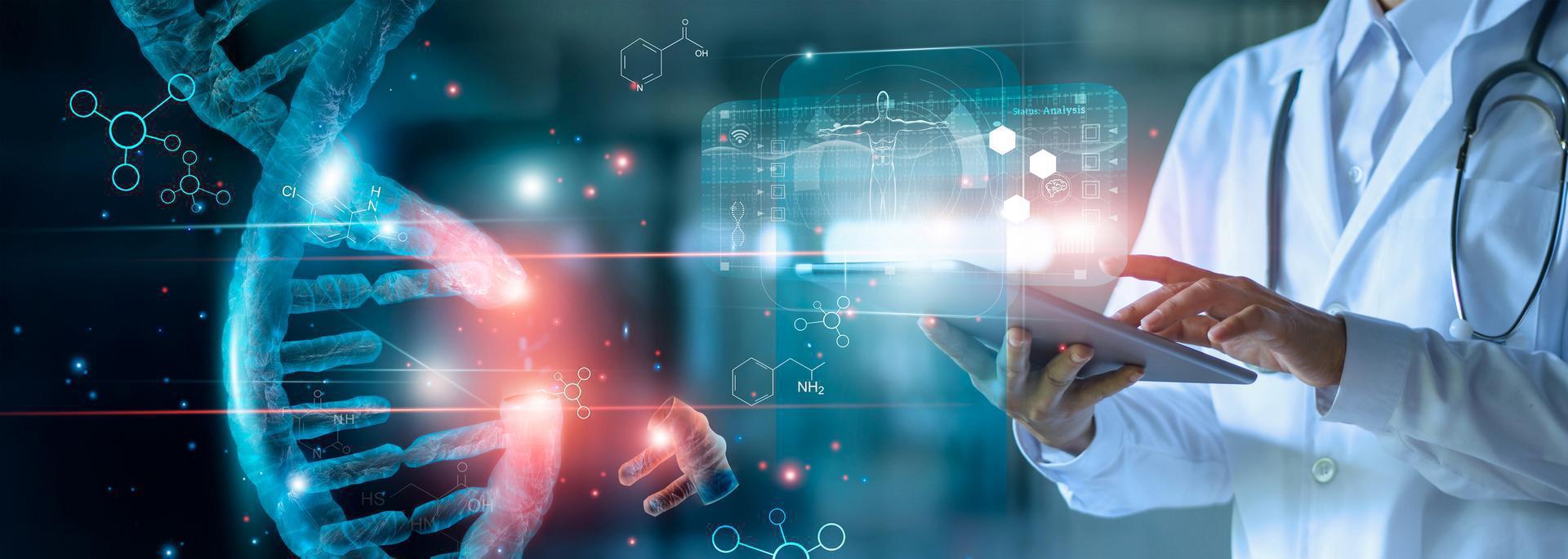
Paternity Testing Services and Products
A paternity test is a type of DNA test that establishes whether a man is the biological father of a child. While it's most common to use specimens from both the father and child, the father isn't always required to determine paternity. Other methods of paternity testing which can reliably impute paternity include grandparent DNA tests, avuncular (aunt/uncle) DNA tests, and sibling tests, all of which can be performed without the father's presence.
Prenatal paternity tests can be done between a possible father and his potential unborn child with zero risks to the fetus. There are also no age restrictions for a DNA test - we can collect specimens from a newborn, a child, or another adult. Furthermore, if the father is recently deceased, it may still be possible to professionally collect his specimens and conduct a legal paternity test. Schedule a test, or find out more, by calling (888) 378-2499
Choose a Paternity Test
-
Legal Paternity Test $450.00
-
Home Paternity Test $349.00
-
Prenatal Paternity Test $950.00
-
Hair DNA Test $675.00
-
Postmortem DNA Test $950.00
-
Grandparent DNA Test $550.00
How to Choose a Paternity Test
The Legal Paternity Test is your best option. This test is the gold standard in DNA testing. If the child is under 18, it is strongly recommended that you choose this option. Results are written, court-admissible, and can support any legal purpose, including: changing a birth certificate, child support, etc.
If one of the parties is not willing or available to come to one of our clinics for testing, but they can be swabbed at home...
The Home Paternity Test should be chosen. If you need a paternity test, but do not anticipate needing to use the results for any legal reason, you can save time and money administering the test in the comfort of your own home. This is a good option if one of the parties lives out of the country.
If you can not get a cheek swab from one of the parties, but you have some other specimen like hair...
The Alternative Specimen DNA Test (Hair, Teeth, Fabric) should be chosen.
If the father or child has recently died...
The Postmortem DNA Test is a good option. The results may be used for legal purposes, such as SSI or survivor benefits, if we can collect DNA directly from the cadaver.
If the mother is still pregnant, and cost is not an issue...
The Prenatal Paternity Test should be chosen. We offer a simple blood test to determine the paternity of your baby with zero risk to the unborn. No needles go anywhere near the fetus.
If the father is incarcerated or deceased, but at least one of his parents are alive and available for testing...
The Grandparent DNA Test is a viable alternative. Paternity can be inferred if grandpaternity is proven.
How long does it take to get results?
Health Street's Paternity tests normally take about a week to get results. Express testing is available for an extra charge. Alternative specimen tests can take longer, since the DNA has to be extracted before the test can proceed.
Who gets the test results?
The adults that participate in a paternity test are able to get their results. The mother and father of minors who participate in the test also have the right to get the results. Results are not otherwise shared, except in the rare instance that there is a warrant or court order to release them.
Paternity test before baby is born
There are three ways to determine fatherhood of an unborn child: CVS, amniocentesis, and blood testing. Of the three, only blood testing is 100% safe for the fetus. Health Street offers this type of prenatal paternity testing to pregnant mothers who are at least 9 weeks gestation.
Paternity test without mother?
A mother's specimen is not required for the lab to determine fatherhood with 99.9% accuracy or greater. However, for a minor to get the test, at least one parent or legal guardian must consent. If the man is not considered the father or legal guardian of the child at the time of the paternity test, then he needs to get consent from someone (usually the mother) who is authorized to sign for the child.
Can you test DNA from other specimens?
If conducting cheek swabs is unrealistic, we can get DNA and test it from many other Unusual DNA Specimens. In addition to hair follicles, we can often extract the DNA from fingernails, teeth, garment stains, and many other bodily fluids and objects.